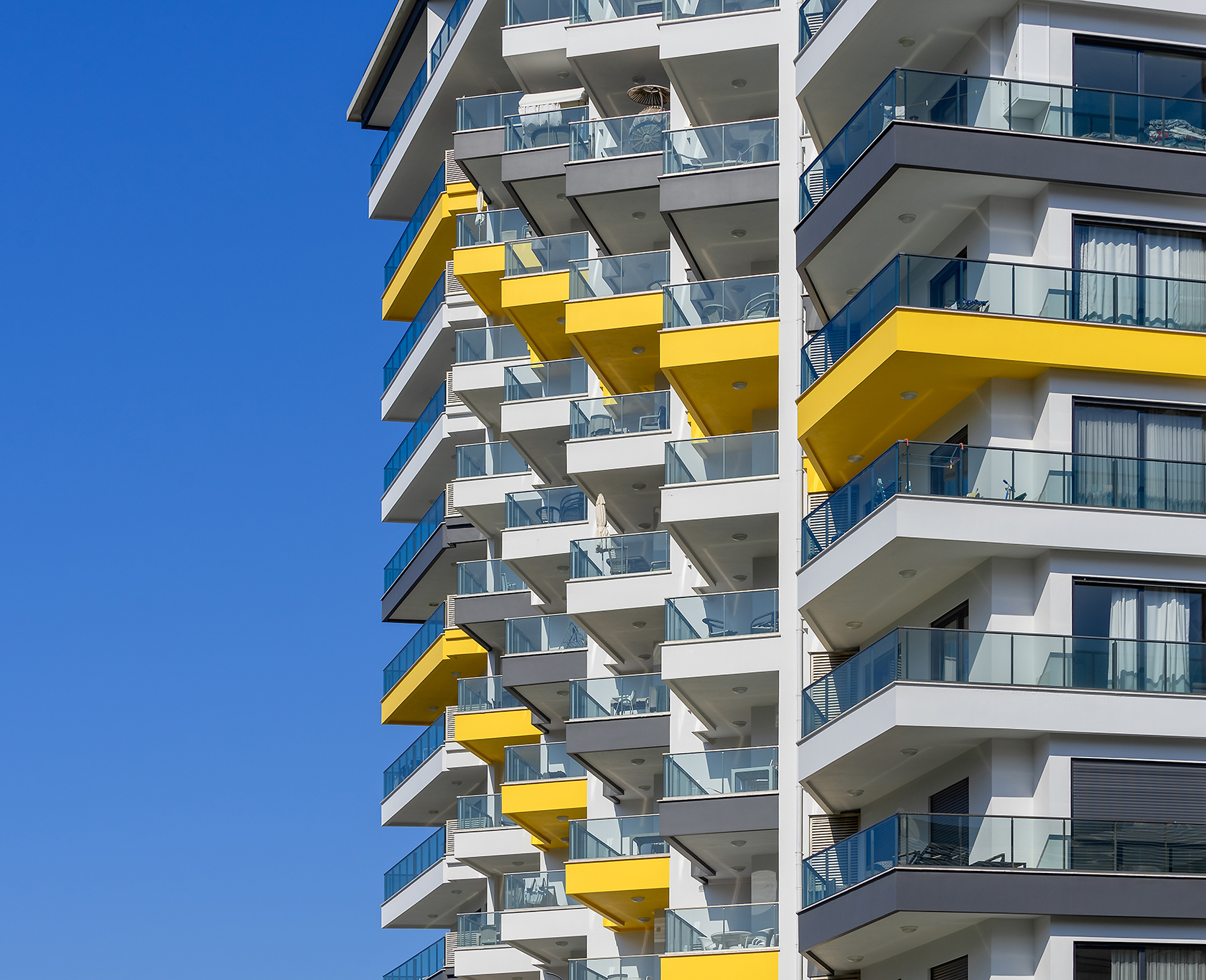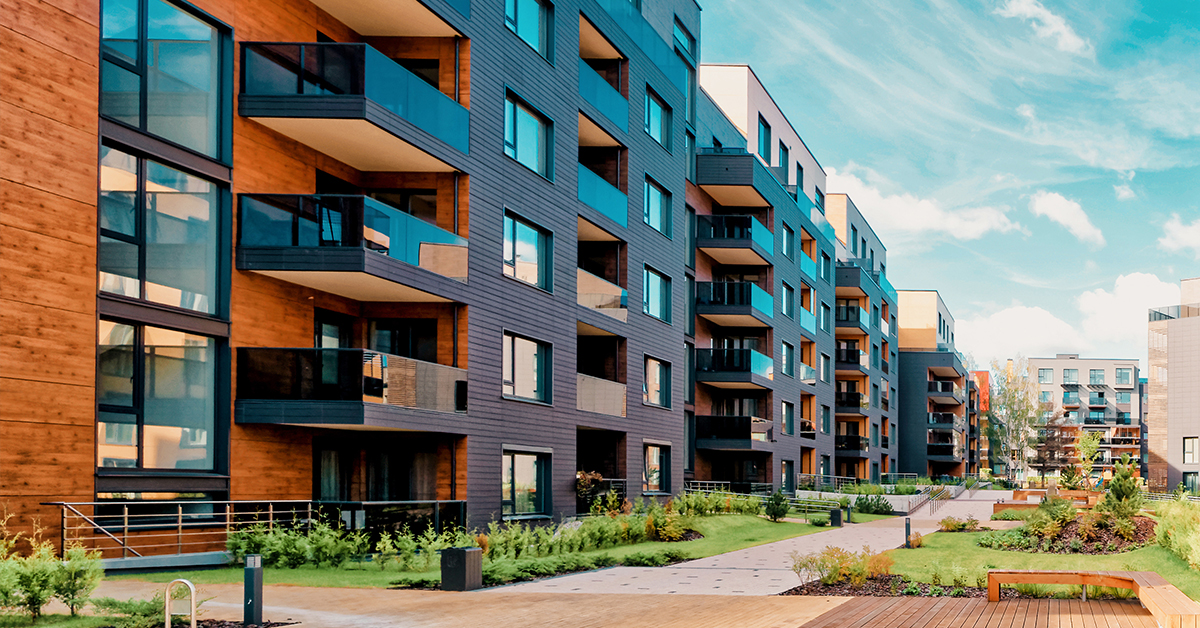Explore the Future of HOA Condo Dope
Explore the Future of HOA Condo Dope
Blog Article
The Role of an HOA in Developing and Enforcing Area Guidelines for Citizens
The duty of a Homeowners Organization (HOA) in developing and applying community guidelines is essential to maintaining a orderly and natural household setting - hoa condo. By formulating clear regulations that regulate elements such as residential property upkeep and community conduct, the HOA not just sets criteria for citizens yet also cultivates a feeling of belonging and accountability. Nevertheless, the application of these standards can present numerous obstacles, raising inquiries regarding fairness, area, and interaction involvement. As we check out these intricacies, it ends up being apparent that the effect of an HOA prolongs far past plain regulation enforcement.
Recognizing Homeowners Organizations
Homeowners organizations (HOAs) act as governing bodies for property areas, playing a critical role in maintaining residential property values and cultivating a feeling of community. Generally formed by designers, HOAs are made up of house owners within a marked area that choose a board to supervise the organization's activities. The primary features of an HOA include applying area rules, taking care of usual areas, and arranging area occasions.
HOAs run under a set of regulating records, including conditions, limitations, and agreements (CC&R s), which describe the legal rights and responsibilities of property owners. These guidelines aim to ensure that residential properties are maintained to a particular criterion, consequently protecting the aesthetic allure and overall worth of the area. In addition, HOAs commonly gather charges from property owners to money upkeep, landscaping, and other neighborhood solutions.
The presence of an HOA can considerably affect the living experience within a community (hoa condo). While some citizens appreciate the structured setting and facilities given, others may discover specific laws limiting. Stabilizing the passions of all property owners is vital for an HOA to operate effectively, guaranteeing that it serves its desired purpose of boosting area living while respecting private home owner rights
Establishing Neighborhood Standards

To start, an HOA should perform studies or convene that enable citizens to voice their suggestions and concerns. This participatory procedure cultivates a feeling of possession and enhances compliance. Next off, the HOA board need to examine the feedback to identify common motifs and priorities that warrant formal incorporation in the standards.
It is also vital to ensure that the guidelines are clear, concise, and conveniently recognized. Ambiguities can result in misunderstandings and problems, undermining the purpose of the guidelines. The guidelines ought to be detailed, covering various facets of area living, including residential property maintenance, sound levels, and use of common locations.
Enforcement of Regulations
Reliable enforcement of neighborhood guidelines is essential for preserving order and guaranteeing that all residents adhere to the developed guidelines. An HOA needs to execute an organized strategy to implement these guidelines, which usually includes a combination of monitoring, interaction, and charges for non-compliance.
First, regular assessments and community patrols can aid identify infractions, making sure that regulations are constantly used throughout the neighborhood. This proactive tracking permits the HOA to address issues prior to they rise, promoting a sense of accountability go to this site amongst homeowners.
Second, clear communication is essential. Homeowners must be notified of the guidelines and the procedures for reporting violations. An open line of communication motivates locals to voice worries and look for information on standards, which can enhance compliance.

Finally, when infractions take place, the HOA needs to impose repercussions as outlined in the regulating papers. By properly implementing regulations, an HOA can cultivate a harmonious living setting that reflects the cumulative values of its citizens.
Advantages of HOA Laws
Various advantages develop from the application of HOA guidelines, which offer to enhance the lifestyle within a community. One key benefit is the upkeep of building values. By imposing requirements for aesthetics and maintenance, HOAs make certain that homes and common locations continue to be attractive, cultivating a preferable living environment that can lead to enhanced building worths gradually.
In addition, HOA laws promote uniformity and uniformity within the area. This coherence in style and upkeep helps to create a sense of belonging among citizens, contributing to neighborhood pride and a favorable environment. Moreover, established guidelines help with conflict resolution among next-door neighbors by offering clear expectations and methods for habits, consequently decreasing disagreements.
An additional considerable benefit is the provision of common features and solutions. Several HOAs handle community facilities such as parks, pools, and clubhouses, which improve entertainment possibilities for locals. These amenities not just enhance the top quality of life yet additionally encourage social interaction.
Inevitably, the policies established forth by an HOA grow an efficient, unified neighborhood, guaranteeing that locals enjoy a high standard of living while cultivating a helpful environment for all property owners.
Usual Challenges Encountered by HOAs
Amidst the benefits that house owners associations (HOAs) can offer, they also experience a variety of challenges that can prevent their performance. Numerous home owners may not take part in meetings or community activities, leading to a disconnect in between the HOA board and residents.
Disputes can emerge when homeowners really feel that enforcement is irregular or biased, potentially leading to conflicts within the community. Additionally, HOAs typically face economic restrictions, which can limit their ability to keep usual locations or fund community tasks.
Furthermore, navigating lawful intricacies can be daunting for HOAs. They need to make sure conformity with state regulations while handling their own regulating papers, which can be a source of confusion. Advancing and changing demographics area needs require click for info HOAs to adjust their standards, typically satisfying resistance from long-standing homeowners who are accustomed to traditional standards. Addressing these challenges is vital for cultivating a thriving and harmonious area.
Verdict

By formulating clear regulations that regulate aspects such as building upkeep and neighborhood conduct, the HOA not just establishes standards for homeowners but likewise promotes a sense of belonging and liability.Homeowners organizations (HOAs) offer as governing bodies for household communities, playing an important role in keeping property worths and promoting a feeling of neighborhood. Numerous house owners might not get involved in conferences or neighborhood tasks, leading to a detach in between the HOA board and homeowners. Progressing and changing demographics neighborhood needs require HOAs to adjust their guidelines, often meeting resistance from long-standing homeowners who are accustomed to typical norms. Through the development of clear guidelines and regular enforcement, HOAs advertise home maintenance, community satisfaction, and trust among locals.
Report this page